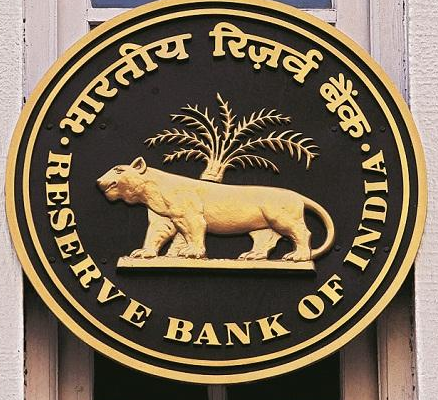Cement demand will rise by 1.5% in 2018 reports: World Cement Association
By Realty Quarter Bureau
The head of World Cement Association reported the global demand for cement is back on upward scale after years of downslide as developed markets recover in Europe and United States.
Pent-up demand in developed markets will increase global cement consumption by 1.5% next year, following an expected increase of 1 % in 2017, Emir Adiguzel said.
When China, the world’s largest cement market, is removed, the market is expected to increase by 3.3 percent next year.
The increase is good news for companies like Switzerland’s LafargeHolcim which have been battling with falling volumes in recent quarters.
“Every year since 2009 cement industry demand has been going down,” Adiguzel, who is also an executive at Heidelberg Cement, said in an interview ahead of the association’s annual conference in London. “But in 2017 the trend has changed dramatically. Prices are going up worldwide and the volumes are going up in both mature and emerging markets together for the first time since the financial crisis.”
Most of the improvement will come from developed countries, where growth is expected to be more than 3 percent in 2018, he said, with a new upward trend expected to last for the next five to seven years.
The French market is forecast to increase by 4 percent and Germany by 5 percent, while previous laggards like Spain will increase by more than 10 percent and Italy will turn positive with 1 percent growth. New projects getting under way after years of austerity and increased spending on infrastructure are the main reasons for the increase, Adiguzel said.
The United States is expected to be a strong driver of growth, with cement demand increasing by 6 percent next year from 2 percent in 2017, as infrastructure spending gets under way.
“This year was a big disappointment, but there is a lot of rebuilding work to do in the country after the hurricanes this year,” Adiguzel said.
“If Mr. Trump does 10 percent of what he says in terms of infrastructure, there will be a big demand for cement in the U.S.,” he said.
Despite the upswing, some markets like Saudi Arabia and Russia will remain tough, while China is expected to remain flat in 2017 and 2018 as the country tries to reduce excess cement production and the country’s building boom cools. Overcapacity remains a challenge for the industry, Adiguzel said.
Decommissioning of ageing cement plants and consolidation of the fragmented industry into fewer players could tackle the problem, he said.
“I think we will be entering another era of consolidation and M&A. I suspect this time it will come from the East,” Adiguzel said. “There is a huge cash accumulation in the hands of Chinese producers and they are expanding in Southeast Asia. I wouldn’t be surprised if they move to the West.”



















































































